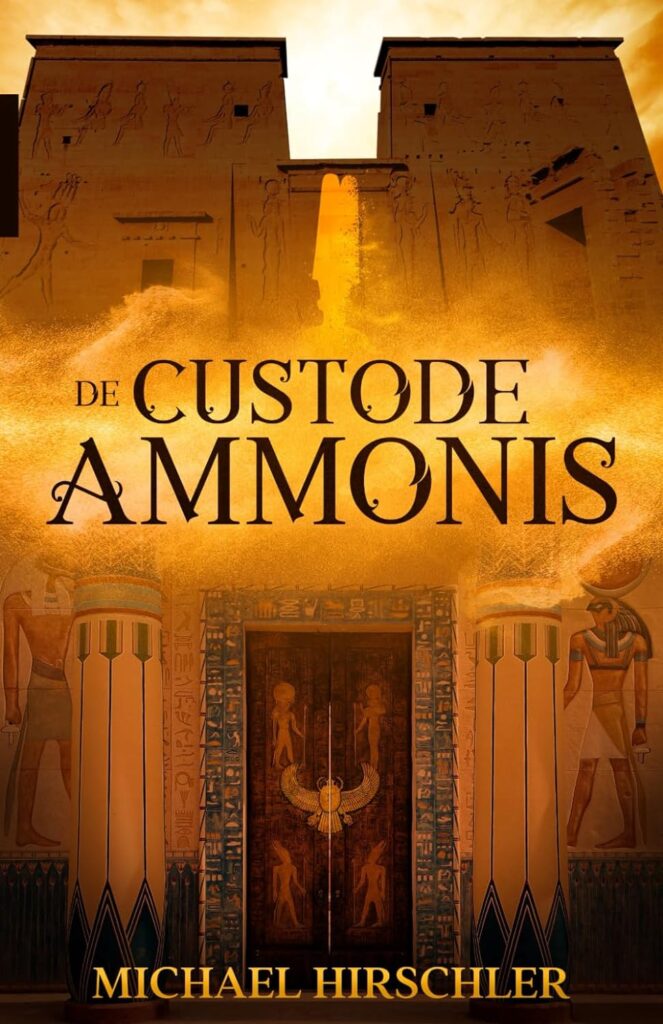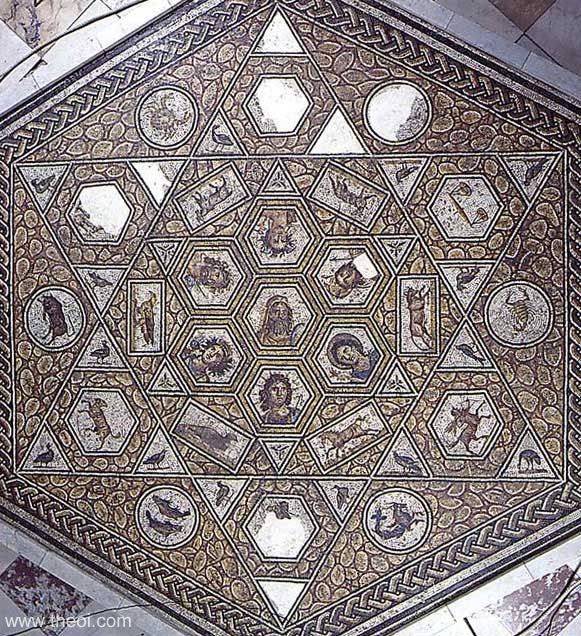The MCA Spring meeting was hosted at North Yarmouth Academy in a small classroom whose dimensions enhanced the camaraderie of our association as well as the colloquiality of the talks. In addition to the collegial love of Classics, Star Wars Day was also celebrated with a showcasing of deep and surface level Star Wars knowledge and various Gusher-related rewards.
The first talk was by Emma Holloway, Upper School Latin teacher at North Yarmouth Academy. Emma shared the semester-long book projects she used in her classroom this past year. In the first semester, students were assigned English, Classics-themed/tangential fictional books, completed various art, history, Latin composition work based on the books, and took weekly assessment quizzes. For the second semester, each Latin level read a Latin novella, completed 3 different Latin composition projects – recipe writing, song composition, and movie trailer directing – and completed weekly grammar, vocabulary, and reading comprehension assessments.
There were multiple goals behind these book projects: introduce students to the plethora of ways Classics persists in the modern world, lessen the rote-ness of homework, incorporating more composition work into the classroom. While these goals were broadly met, other results included a greater percentage of students seeking teacher help outside of class time, more visible excitement towards in-class project work, and a stronger foundational understanding of/interest in the culture and history behind Latin.
Meeting participants brought up excellent questions about the functionality of these projects in larger classrooms and school districts, why English at any point, mandating homework, and the role culture and history play in the language classroom.
For those interested, the books used in these projects included:
Fittingly, our next speaker was Derek Haddad, an independent scholar, who is in the process of writing a Latin novella on Queen Zenobia. Derek outlined for us the historical evidence for Zenobia, queen of Syria in the 3rd century. Like the lives of many other “warrior queens”, much of the historical accounts mentioning Zenobia are somewhat fantasized (e.g. the historian al-Tabari, the Historia Augusta). But her presence in history is still notable and true.
This novella would introduce readers of Latin to Zenobia herself as well as her world. In particular, readers would have an opportunity to dive into the politics and culture of the Roman Empire during the Crisis of the Third Century. This is a time period often briefly discussed, or not brought up at all, but vital to understanding the eventual fall of Rome. Readers would also be introduced to the Palmyrene Empire and Ancient Syria. A growingly common question in the field of Classics is what constitutes the Classical World? Often this world can be limited to that of Greece and Rome, but this novella reminds us that the realm of Classics and the empire of Rome far extends the little boot and its immediate neighbors. And this novella reminds us of the humans that lived through all of this history in these places, particularly giving voice to a powerful woman who gave Rome a run for its money, following in the footsteps of such other impressive female figures as Boudica and Cleopatra.
Derek Haddad’s novella will include reading comprehension questions, vocabulary help, and contextual and grammatical notes for each page of Latin. Grammatically, this novella is geared towards high-intermediate/advanced readers of Latin. For further updates on this novella, please visit Derek Haddad’s website here.
Our final speaker was Stephen Farrand, retired teacher, who presented on another way to expand students’ understanding of the relevancy of Latin by implementing a “Daily Almanac Latine” in the classroom. Farrand suggests including in the almanac activity Latin days of the week, Roman calendar dates, weather discussions, on this day happenings, and the various deities connected to these topics.
This potentially daily activity provides a set outline for incorporating some Spoken Latin into the classroom. Questions concerning days of the week, weather, and time often appear on such standardized tests as the National Latin Exam, but can be overlooked until the last minute. The Daily Almanac is a way to help students internalize these topics throughout the school year. The almanac also can help students memorize and become familiar with weather vocabulary, which is key to reading such frequently seen texts as the Aeneid and De Bello Gallico. On this day discussions again challenge teachers and students to speak Latin, while also broadening students’ scope of history. And having students learn about the associated deities of time provides a deeper understanding of how modern names for days of the week came to be (e.g. Martis dies, day of Mars, becoming the Spanish martes).
Of course, while all of these outcomes are good and wonderful, the Daily Almanac Latine is also just plain old fun and an engaging way to build classroom community. For further questions about the Daily Almanac Latine, please reach out to Stephen Farrand here.
The MCA thanks all of its Spring Meeting speakers and participants. Various discussions on the reading, writing, and speaking of Latin, explorations into the extensive and diverse world of Classics, and the occasional Star Wars joke made this meeting an encouraging way to begin the end of the school year.



